The answer has been split depending on whether there is one remote repository configured or multiple. The reason for this is that for the single remote case, some of the commands can be simplified as there is less ambiguity.
Updated for Git 2.23: For older versions, see the section at the end.
With One Remote
In both cases, start by fetching from the remote repository to make sure you have all the latest changes downloaded.
$ git fetch
This will fetch all of the remote branches for you. You can see the branches available for checkout with:
$ git branch -v -a
...
remotes/origin/test
The branches that start with remotes/* can be thought of as read only copies of the remote branches. To work on a branch you need to create a local branch from it. This is done with the Git command switch (since Git 2.23) by giving it the name of the remote branch (minus the remote name):
$ git switch test
In this case Git is guessing (can be disabled with --no-guess) that you are trying to checkout and track the remote branch with the same name.
With Multiple Remotes
In the case where multiple remote repositories exist, the remote repository needs to be explicitly named.
As before, start by fetching the latest remote changes:
$ git fetch origin
This will fetch all of the remote branches for you. You can see the branches available for checkout with:
$ git branch -v -a
With the remote branches in hand, you now need to check out the branch you are interested in with -c to create a new local branch:
$ git switch -c test origin/test
For more information about using git switch:
$ man git-switch
Prior to Git 2.23
git switch was added in Git 2.23, prior to this git checkout was used to switch branches.
To checkout out with only a single remote repository:
git checkout test
if there are multiple remote repositories configured then it becomes a bit longer
git checkout -b test <name of remote>/test


